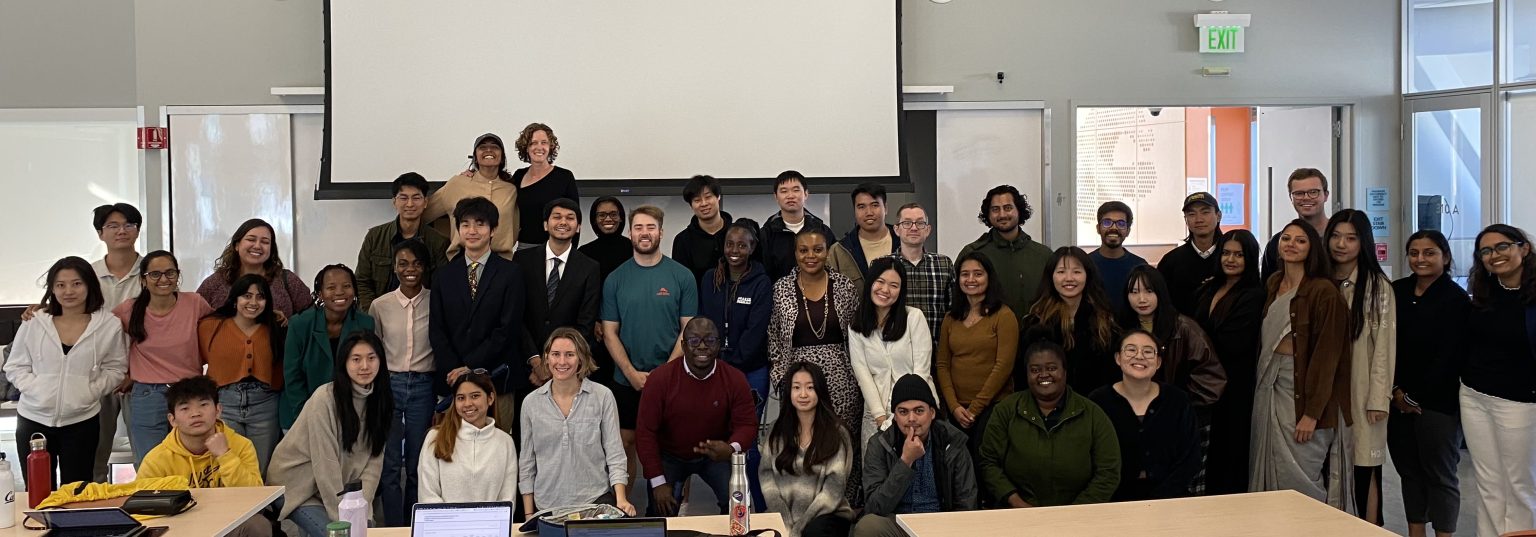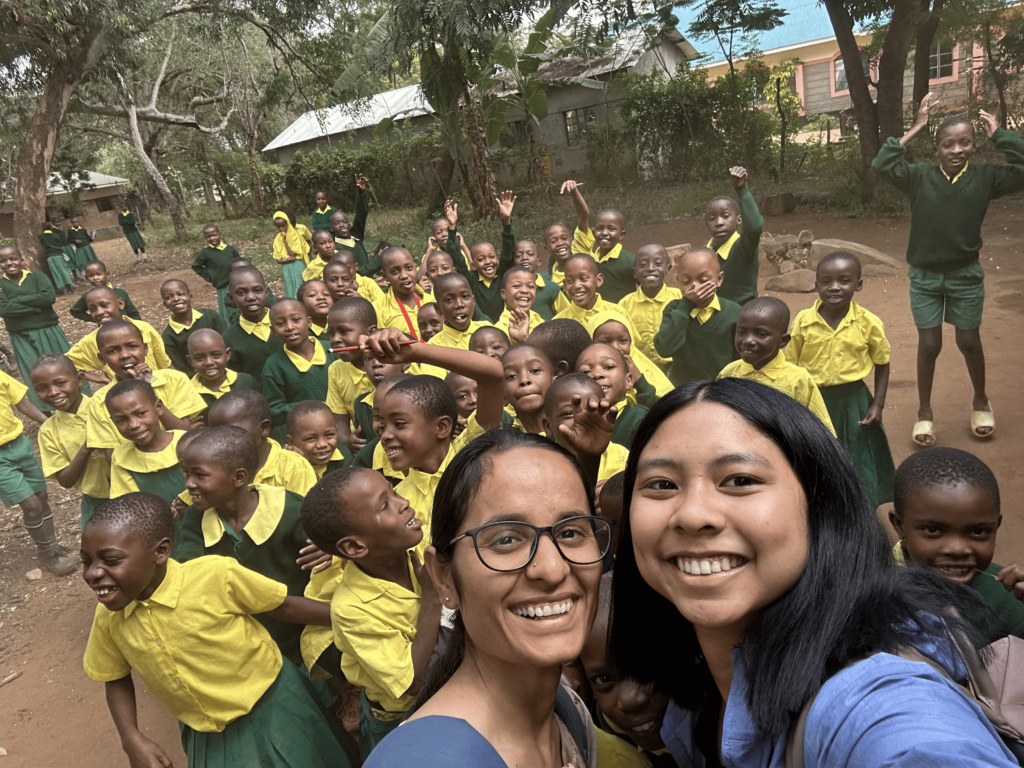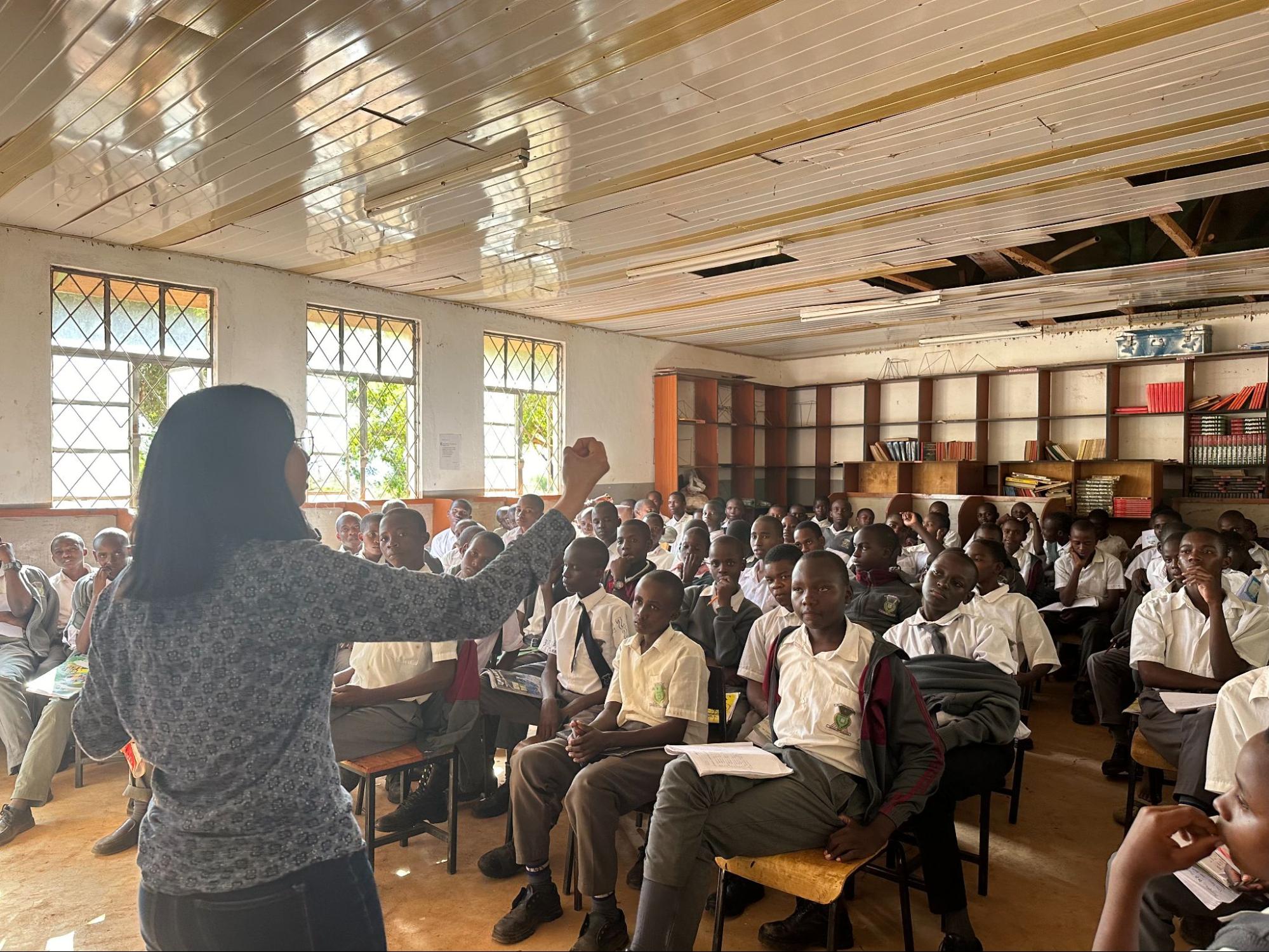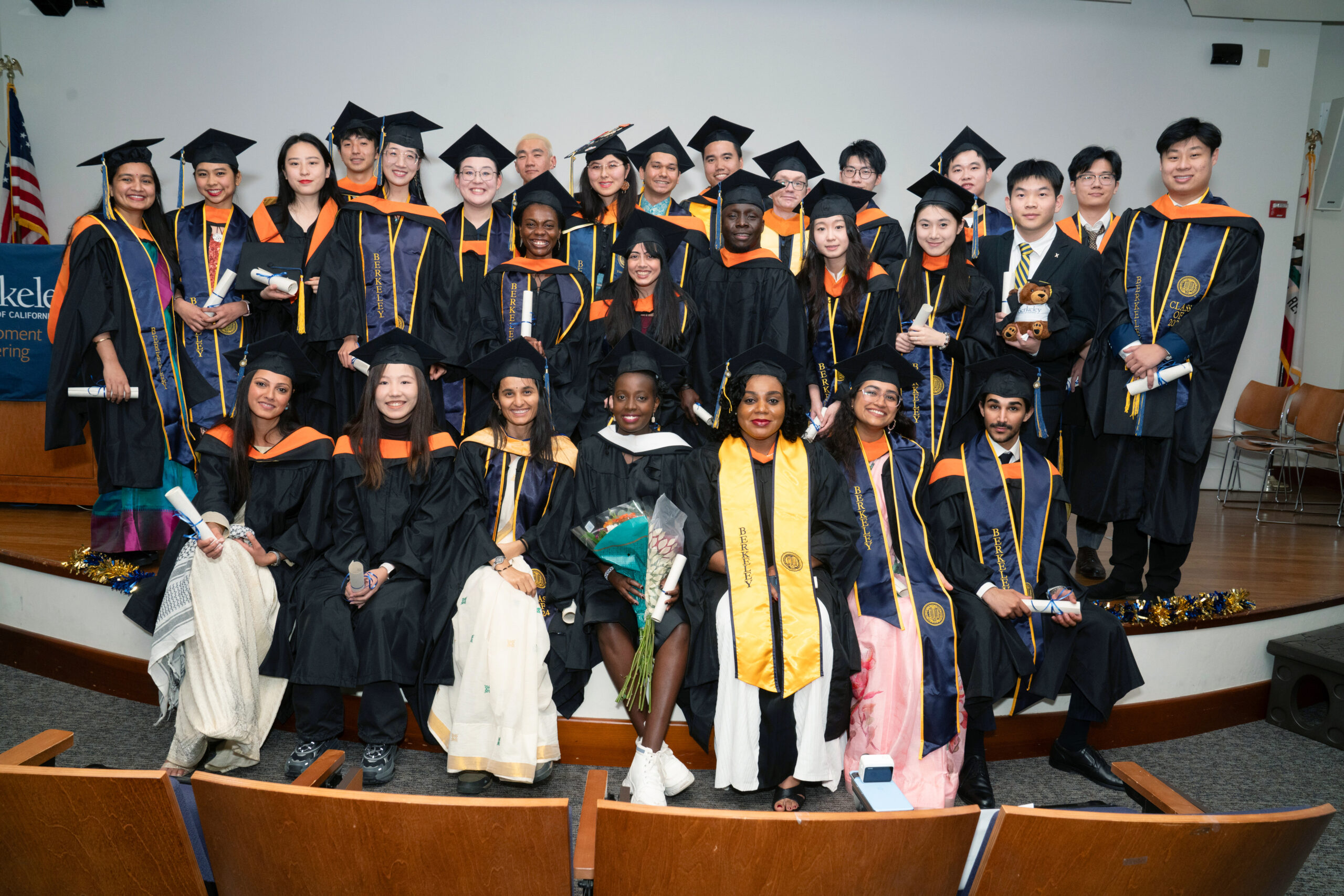In California, it’s hard to overstate the impact of climate change–fueled wildfires: Over the last few decades, we’ve seen a 320-percent increase in burned areas, 268 lives lost, and in just the past five years, an estimated $60 billion in lost revenue.
At the national level, the US Department of Housing and Urban Development is also concerned about wildfires as it focuses on post-disaster recovery, and there exist a variety of wildfire-resilience toolkits meant to guide decision-makers’ efforts to help people prepare for and recover from wildfires. But according to Erica Anjum, there is not enough attention on low-resource areas. These communities are doubly vulnerable: not just at greater physical risk from wildfire but also facing “intersectional social vulnerabilities,” says Anjum, a city and regional planning graduate student. Indicators of these can include, but aren’t limited to, income, housing status, age, and disabilities. “Different vulnerabilities render people vulnerable in different ways — all of which are relevant in planning resilient communities,” she says.
Enter “FireTools,” an online toolkit prototyped by Anjum and her graduate-student teammates in DevEng C200, “Design, Evaluate, and Scale Development Technologies.” Their toolkit brings a wide array of resources under one umbrella for local decision-makers to use to improve disaster preparedness, response, recovery, and resilience — with a particular emphasis on doubly vulnerable communities.
FireTools is a hub for resources such as community- and fire-mapping tools, funding sources, landscaping best practices, evacuation preparedness and resilience centers, and data-privacy considerations — all things decision makers rely on when assisting and preparing communities before, during, and after catastrophes.
“Apart from the very crucial impact on loss of lives and property, the intervention will lead to more collaboration between stakeholders in the fire preparedness, resilience, and recovery spaces,” said Master of Development Engineering student Titli Thind. “The process of building the toolkit has spurred conversation between previously disconnected key decision makers, and we hope that this continues.”
DevEng C200, a core MDevEng course open to grad students from a variety of backgrounds, provides an opportunity for students to partner with professionals to tackle problems that require the skills of Development Engineers. That process requires understanding the focus area’s stakeholders, end users, and their contexts; testing hypotheses for effective technological intervention; iterating these solutions’ designs; evaluating their efficacy; and proposing a way for scaling up their use.
Professors Amy Pickering and Mathieu Aguesse lead the class. Class projects have included an app for farmers to engage with one another, build community, and monitor the health of their wetlands; a comprehensive handbook for more efficient greenhouses for farmers in the climate change–impacted eastern Himalayas; expanding and diversifying the products and market for plastic-recycling social enterprise Takataka Plastics; a mobile platform, focused on data-governance management, that allows for the collection, sharing, and analysis of data from low-resource settings; analyzing and modeling the widespread deployment of a water-chlorination device; a simple-to-use, easy-to-carry solar-powered water pump; an affordable, foaming soap dispenser; improving the outcomes of unhoused people with a better online platform that’s used by both unhoused folks and San Francisco caseworkers; and the improved integration of frontline public health workers in a platform that provides primary-care services in Guinea.
Along with Thind and Anjum, FireTools was developed by Xuan Huang (MDevEng), Kanyawee Srikulwong (development practice), and Ashley Woodward (civil and environmental engineering).
The team started with research data on wildfire resilience, practices from other fire-prone regions like Australia, and 14 case studies of communities and their decision makers who have faced fires before. They spoke with first responders and planners from previously hard-hit California communities. Their due diligence brought to light specific problems that the team sought to address, such as multiple authorities or organizations collecting the same data in the same communities post-fire (which risks retraumatizing vulnerable fire survivors) as well as some neighborhoods’ lack of accessible evacuation routes.
“This project is a great example of how valuable it was to interact with the wildfire toolkit’s end users to create a product that addresses their needs,” Pickering said.
The tools in the kit — such as a post-fire data-collection process and landscaping best practices — evolved and grew with further stakeholder interviews and feedback, culminating in the website, a toolkit distribution plan, and a business model. The plan is to provide the toolkit to primarily local decision-makers and planners for free, with the team proposing funding for growing, improving, and testing it from primarily federal agencies with a stake in disaster-resilient communities.
The team built its toolkit as a “living document,” where the at-risk communities themselves can share their own insights and experiences to further refine authorities’ ability to help them. Those same authorities can use the toolkit to further inform their disaster planning and coordinate with other agencies with whom they’ve historically had limited collaboration.
This whole process of producing a technological intervention in accordance with end users’ needs, however, is not over once the toolkit is put to use; it won’t be much good if it’s not sufficiently achieving its goals.
So, the team plans to measure their solution’s efficacy by, among other standards, the number of planners who take up the toolkit, collecting feedback from decision-makers in places hit by wildfires, examining whether its use has streamlined data collection, and whether doubly vulnerable populations’ trauma associated with collecting sensitive data after a catastrophe — worsened by duplicative surveying — has been reduced.
Researchers from UC Berkeley, UCLA, and UC Merced will continue working on the toolkit, Anjum says. But regardless of how the toolkit may have to be adapted, its goals continue to be reduced loss of life and property, improved data collection and interagency dialogue, and all-around better wildfire preparedness and resilience.
“We want to share our experiences and expertise,” one local planner and survivor of the record-breakingly deadly and destructive 2018 Camp Fire had told the team, “so others don’t lose as much as we did.”




